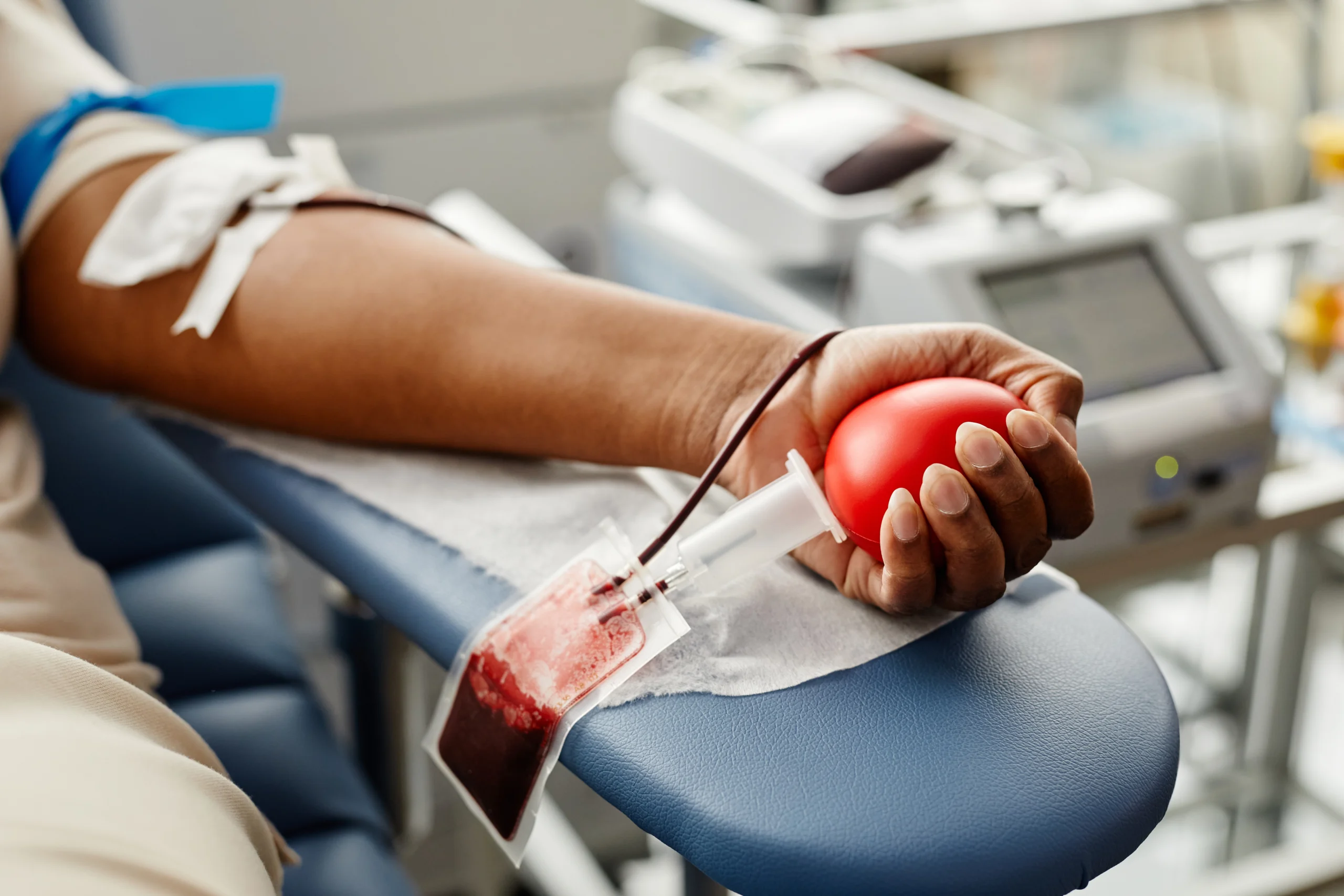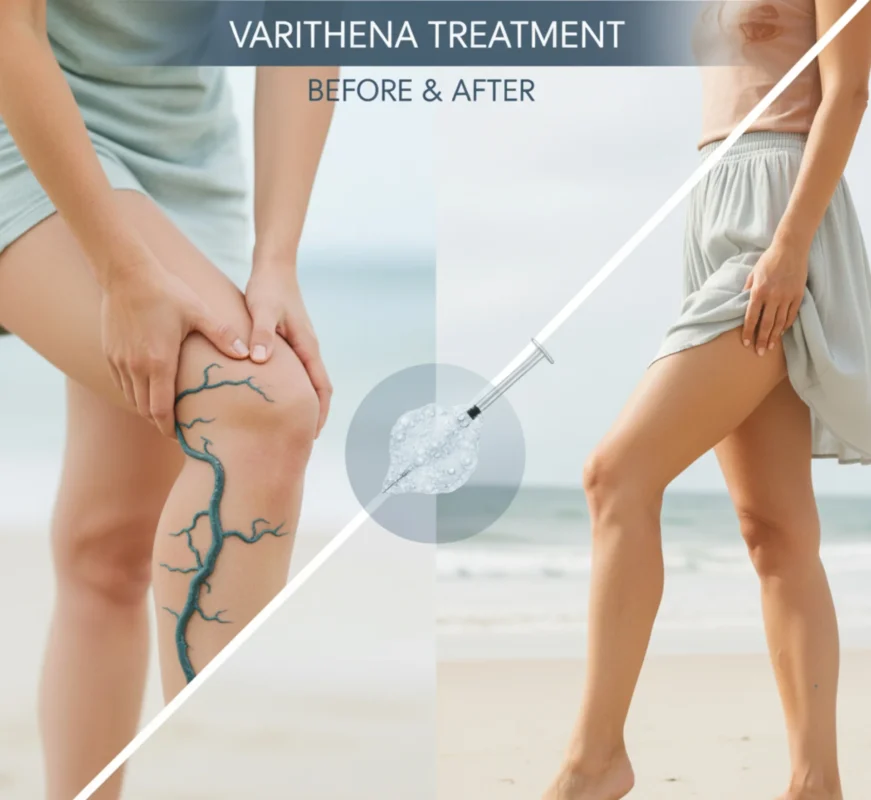Blog
6 Surprising Health Benefits of Donating Blood

You probably think Health Benefits of donating blood is just about helping others. And yeah, that’s the main point – your donation can literally save up to three lives. But here’s something most people don’t know: giving blood does some pretty remarkable things for your own health too. Not in a selfish “I’m doing this for me” way, but in a “wow, my body actually benefits from this” kind of way.
The health perks of blood donation aren’t exactly secrets, but they don’t get talked about much. Maybe because it sounds weird to say “hey, let someone drain a pint of your blood, it’s good for you.” But the science backs it up. Your body responds to blood donation in ways that can improve cardiovascular health, provide early disease detection, and even affect your mental wellbeing.
Cardiovascular Health Gets a Real Boost
| Health Benefit | How It Works | Key Impact |
|---|---|---|
| Cardiovascular Health | Removes excess iron that damages blood vessels, reduces blood viscosity | 88% lower heart attack risk for regular donors |
| Free Health Screening | Tests blood pressure, hemoglobin, pulse, screens for infectious diseases | Early detection of HIV, hepatitis, high blood pressure |
| Iron Balance | Natural removal of excess iron through blood loss | Prevents iron overload, reduces diabetes and liver disease risk |
| Lower Cancer Risk | Reduces oxidative stress from excess iron, limits cancer cell growth | Lower risk of liver, lung, colon, and throat cancers |
| Calorie Burn | Body expends energy producing new blood cells and plasma | Burns 600-650 calories per donation over recovery period |
| Mental Health Boost | Triggers dopamine release, provides social connection, creates sense of purpose | Reduced stress and depression, increased life satisfaction |
Your blood also becomes less viscous after donation. Thick, sluggish blood makes your heart work harder to pump it through your body. Thinner blood flows more easily, reducing strain on your cardiovascular system. This effect is particularly beneficial for people who have conditions that make their blood thicker than normal.
Free Health Screening You’d Otherwise Skip
Before every donation, you get a mini health checkup. They test your blood pressure, hemoglobin levels, pulse, and temperature. They screen for infectious diseases including HIV, hepatitis B and C, syphilis, and others. This happens every single time you donate. Most people don’t get regular health screenings. You know you should, but you don’t make the appointment, or you don’t have time, or you figure you feel fine so why bother. Blood donation forces you to get checked, and it catches problems early. Hepatitis can sit quietly in your system for years before you notice symptoms. Same with HIV in its early stages. High blood pressure often has no symptoms until it’s caused serious damage. The screening process has caught these conditions in donors who had no idea anything was wrong. If something abnormal shows up, the blood center contacts you immediately and your blood isn’t used for transfusion. You get information about what was found and recommendations to follow up with your doctor. It’s not a comprehensive physical exam, but it’s way more screening than most people get otherwise.
Iron Levels Balance Out Naturally
This ties into cardiovascular benefits but deserves its own discussion because iron overload is more common than people realize. Hemochromatosis is a genetic condition where your body absorbs too much iron from food. Many people have it without knowing. Even without hemochromatosis, plenty of people accumulate more iron than they need. Your body is really good at absorbing iron but terrible at getting rid of excess amounts. The only natural way to remove iron is through blood loss – which for men basically doesn’t happen, and for women stops after menopause. High iron levels are linked to increased risk of diabetes, liver disease, and heart problems. They can cause joint pain, fatigue, and organ damage if left unchecked. Blood donation provides a simple, natural way to reduce iron stores to healthier levels.
For people with hemochromatosis, regular blood donation (called therapeutic phlebotomy in medical settings) is actually the primary treatment. Instead of having blood drawn and thrown away in a medical office, these patients can donate blood that helps others while treating their condition. After you donate, your body mobilizes stored iron to produce new red blood cells. This keeps your iron metabolism active and prevents unhealthy accumulation. Your bone marrow kicks into gear, your body’s iron regulatory systems get a workout, and you maintain better overall iron balance.
Cancer Risk May Actually Drop
This is one of the more surprising findings in blood donation research. Several studies have found associations between regular blood donation and lower cancer risk, particularly for cancers linked to iron overload. A study published in the Journal of the National Cancer Institute tracked over 1,200 people and found that those who donated blood regularly had a lower risk of cancer overall. The effect was strongest for cancers of the liver, lung, colon, and throat.
The mechanism probably relates to iron reduction again. Iron can act as a pro-oxidant in your body, generating free radicals that damage DNA. This DNA damage can lead to mutations and eventually cancer. By keeping iron levels in check through blood donation, you may reduce this oxidative stress. Excess iron also feeds cancer cells once they develop. Cancer cells have a high demand for iron because they’re dividing rapidly. Lower body iron stores may make it harder for small cancers to grow and spread, though this is still being researched. None of this means blood donation prevents cancer or that you should skip cancer screenings. But the correlation between regular donation and lower cancer rates across multiple studies is interesting and potentially meaningful.
Calorie Burn Happens Without Exercise
Your body works hard to replace donated blood. Producing new blood cells requires energy, and that energy comes from calories. Estimates vary, but donating one pint of blood burns somewhere around 600-650 calories as your body works to replace what you gave. That’s not an excuse to hit the drive-through on the way home from donating. And it’s definitely not a weight loss strategy – you can only donate every 8-12 weeks depending on donation type. But it’s a real physiological effect. Your bone marrow ramps up red blood cell production. Your body synthesizes new proteins for plasma. Your iron stores get mobilized and processed. All of this requires energy expenditure beyond your normal baseline metabolism. The calorie burn happens over several days or weeks as your body fully replaces the donated blood. It’s not instant like exercise, but it’s measurable. Some fitness trackers actually show elevated calorie burn in the days following blood donation because your resting metabolism increases slightly during the recovery period.
Mental Health and Mood Get a Lift
Among the 6 surprising health benefits of donating blood, this might be the least discussed but most immediately noticeable. People consistently report feeling good after donating blood. Not just physically, but emotionally and psychologically. Part of this is the “helper’s high” – the psychological boost you get from doing something altruistic. Knowing you’ve potentially saved lives triggers dopamine release in your brain’s reward centers. This isn’t unique to blood donation, but the tangible, concrete nature of it (you literally watched them take your blood, you know it’s going to help someone) makes the effect particularly strong.
Studies have shown that altruistic behavior reduces stress, combats depression, and increases overall life satisfaction. The effect isn’t just temporary feel-good emotions either. Regular volunteers, including blood donors, show lower rates of depression and report higher life satisfaction than non-volunteers. There’s also a social component. Blood drives often happen in community settings. You interact with staff and other donors. You’re part of something bigger than yourself. For people who feel isolated or disconnected, this community engagement aspect can be genuinely valuable for mental health. The physiological effects might play a role too. The brief stress response during donation followed by recovery may have mild benefits similar to other healthy stressors like exercise or cold exposure. Your body releases endorphins and other feel-good chemicals as part of the donation and recovery process.
Your Body Regenerates and Renews Itself
| Timeframe | What Your Body Recovers | What’s Happening |
|---|---|---|
| 24-48 Hours | Plasma volume restored | Body replaces fluid portion of blood |
| 4-6 Weeks | Red blood cell count normalized | Bone marrow produces new red blood cells |
| 6-8 Weeks | Iron stores replenished | Body mobilizes and absorbs iron from diet |
| 8-12 Weeks | Complete recovery | All blood components back to pre-donation levels |
Regular blood donation keeps your bone marrow in practice at ramping up production, which could be beneficial if you ever face a medical situation requiring increased blood production. Some researchers have theorized that this forced regeneration might have anti-aging effects at the cellular level, though this is still speculative. What’s clear is that your body is remarkably good at replacing donated blood, typically restoring red blood cell levels within 4-6 weeks and plasma volume within 24-48 hours.

The Practical Reality of These Benefits
| Donation Type | Time Between Donations | What’s Collected |
|---|---|---|
| Whole Blood | Every 56 days | Red cells, plasma, platelets – all components |
| Power Red (Double Red Cell) | Every 112 days | Concentrated red blood cells only |
| Platelet Donation | Every 7 days (max 24 times/year) | Platelets only, other components returned |
| Plasma Donation | Every 28 days | Plasma only, cells returned to body |
If you’re healthy enough to donate and you’ve never done it, consider trying it once. You might be surprised by how straightforward the process is and how good you feel afterward – both from helping others and from the genuine physiological benefits your body experiences. The 6 surprising health benefits of donating blood aren’t reasons to donate, but they’re pretty nice bonuses for doing something that saves lives.












